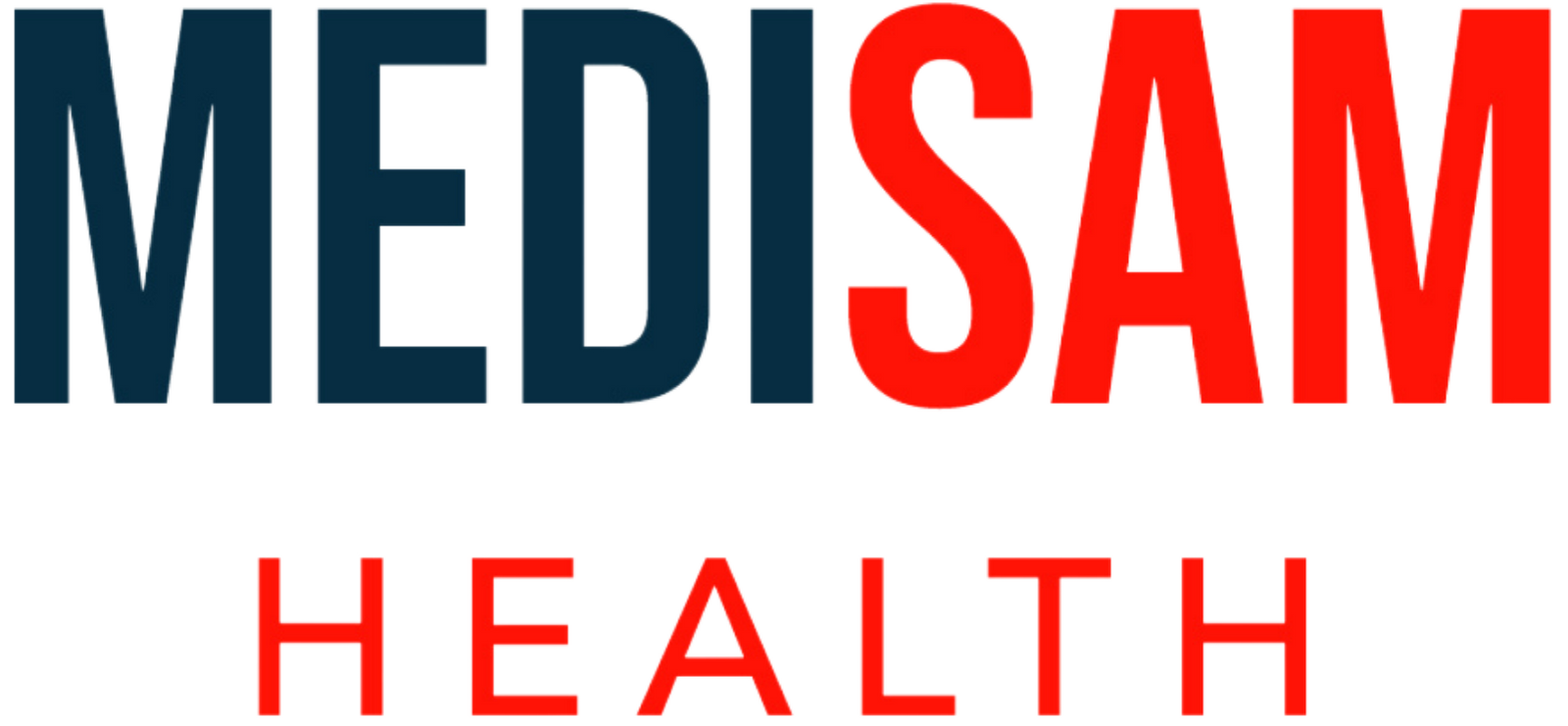What is Emergency Medicine?
Emergency Medicine is a branch of medicine that requires immediate intervention for sudden illnesses, injuries and other health problems. Emergency medicine specialists are professionals trained to treat a wide range of illnesses and injuries. Emergency medical care includes life-saving interventions, trauma treatments, management of sudden-onset illnesses and other health emergencies.

